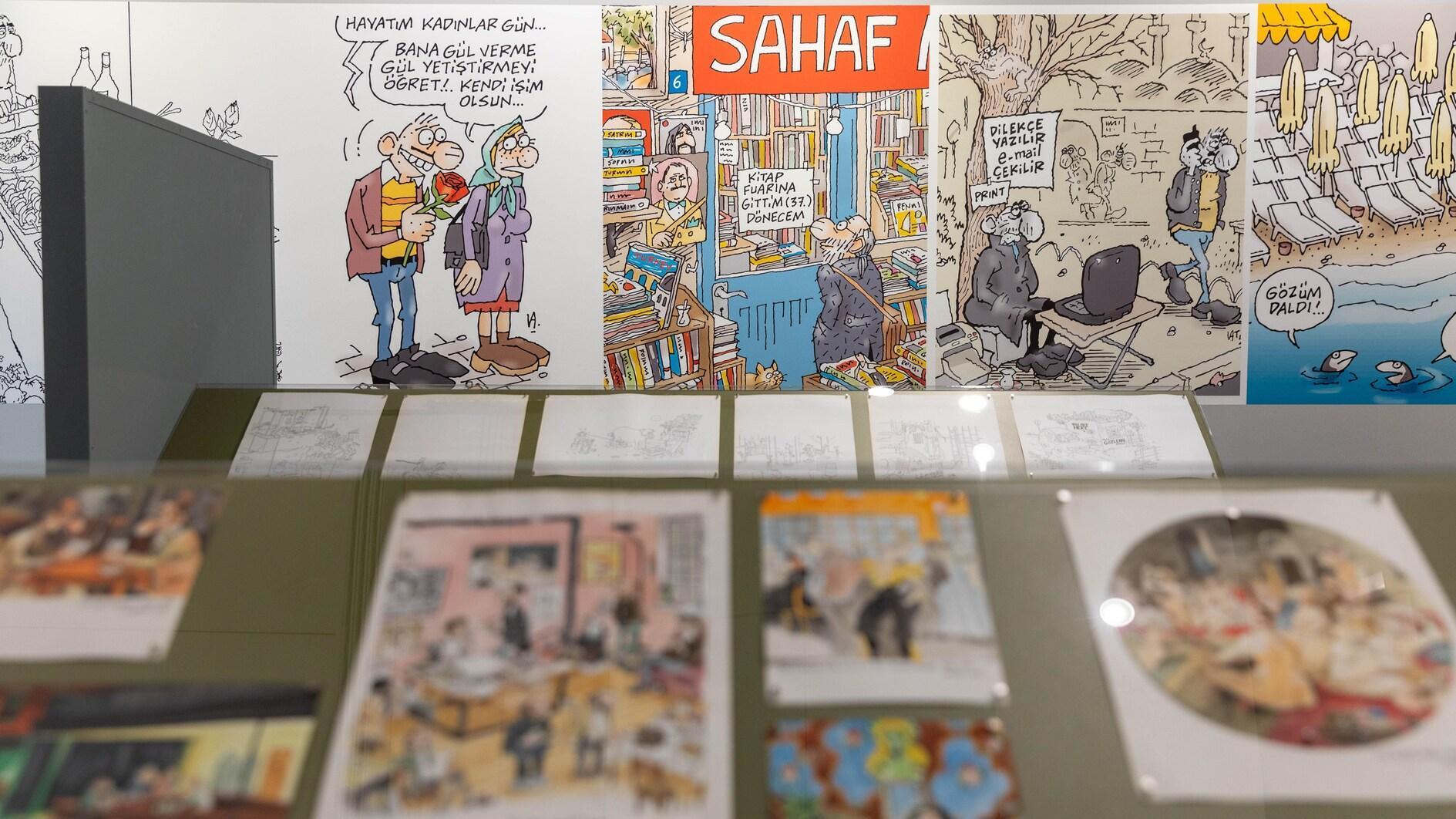The ‘New Turkey’ and its consolidation pains
In the last decade, the Turkish Republic has experienced the most difficult breaking points in its history since its establishment.
In fact, it could be said that the decade after the turn of the millennium was the longest since the fall of the Ottoman Empire. The tutelage regime implemented in the 1960s, fears invented with the establishment of the Republic and the political and social borders marked in the post-Ottoman period have all been re-evaluated in the past decade.
This period, although not without its problems compared to other places in the world that have experienced (or are still experiencing) structural changes, was relatively calm and, most importantly, occurred without the shedding of blood.
A harsh struggle for power has been taking place since 2002. Publicly elected representatives have fought for power with all their might against the bureaucracy, the judiciary, the military, capital, the media and other global powers that are related to these. In the end, the regime of tutelage receded, and the gap between the public and its alienated government began to close. If this period were to have a name, it would be normalization.
As is the case in all transitional periods, in the process of normalization in Turkey, exceptional cases and actors emerged. These actors sometimes took their place in the front that fought for democracy and, sometimes remembering their old habits, tried to suppress Parliament’s will. In the end, no matter what front they fought in, they could not get rid of two of the habits of the old Turkey: shaping and controlling the state.
Surely, the civil sphere was not the place where these two obsessions could be exercised because the civil arena is in fact a healthy mechanism in which power functions through votes and representation. These two obsessions are, again, rooted in the bureaucracy. Starting with the judiciary – the least socially mature institution in Turkey, as many scholarly works on this issue have demonstrated – the bureaucratic regime of tutelage has maintained its existence in different forms.
Even today, some sections of the judiciary, along with the police with which they are inherently associated, continue to believe that they have a savior’s mission as they are not completely aware of Turkey’s process of normalization.
These sections try to answer the civil will’s exam questions, forgetting their own. They are having difficulty in grasping that this effort or the fact that they sometimes give correct answers to the questions does not negate the practices of the regime of tutelage.
They are also having difficulty in grasping that determining a road map for governments is not part of their job description. Furthermore, they fail to understand that the compatibility of their reactions during the tutelary tensions of 2006-2010 with the public’s demands does not accord them a savior’s mission.
They fail to see that the fact that they are political instruments does not mean that they can participate in the political decisions and lay out a vision for the country. Most importantly, they fail to see that they are only a vehicle or a facilitator in the process of the “exception” of turning into democracy and that the real will belongs to those who were elected. It must not be forgotten that “the sovereign is he who decides on the exception.”










